
Cave-diving experts are among the rescuers still hoping to find survivors trapped underwater on the superyacht Bayesian, which was sunk by a tornado off Sicily.
It is thought that the only hope of survival for the six passengers who are still unaccounted for – tech tycoon Mike Lynch and his 18-year-old daughter; Morgan Stanley executive Jonathan Bloomer and his wife Judy; and Clifford Chance lawyer Chris Morvillo and his wife Neda – is that they are in an air pocket on the doomed £30m vessel.
Among those assisting with the search are two cave divers who are attempting to navigate the dark, tight corridors of the “fully intact” yacht, which is now lying at a depth of 49 metres.
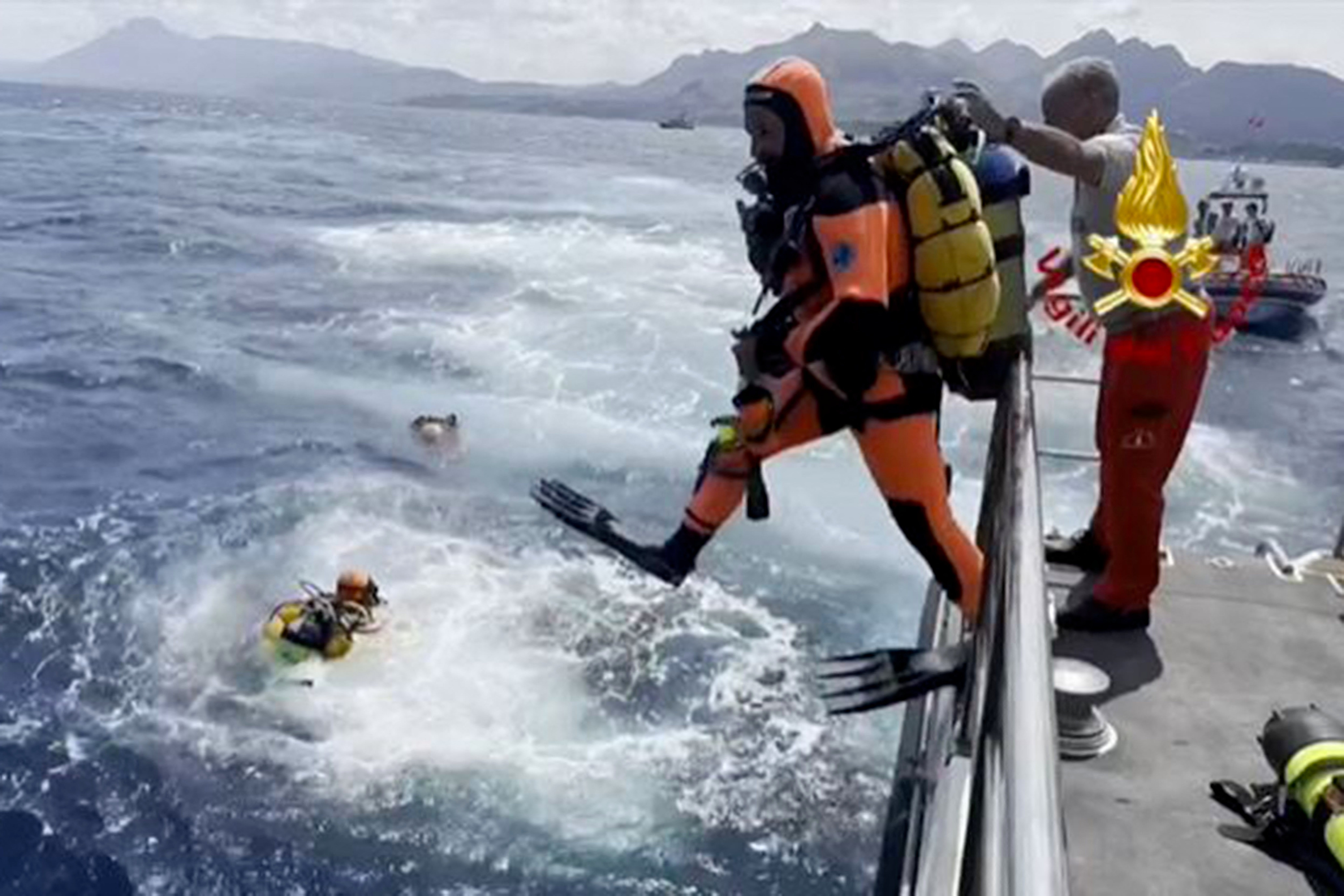
“They can stay under water for a maximum of 12 minutes, two of which are needed to go up and down,” emergency responder Luca Cari told Italian daily newspaper Giornale Di Sicilia.
“So the real time to be able to carry out the search is 10 minutes per dive.”
For latest updates on the sunken yacht, follow our live blog by clicking here.
The rescue divers have been able to enter the lounge of the luxury vessel via a ladder, but were still trying to access the rest of the yacht late on Tuesday.
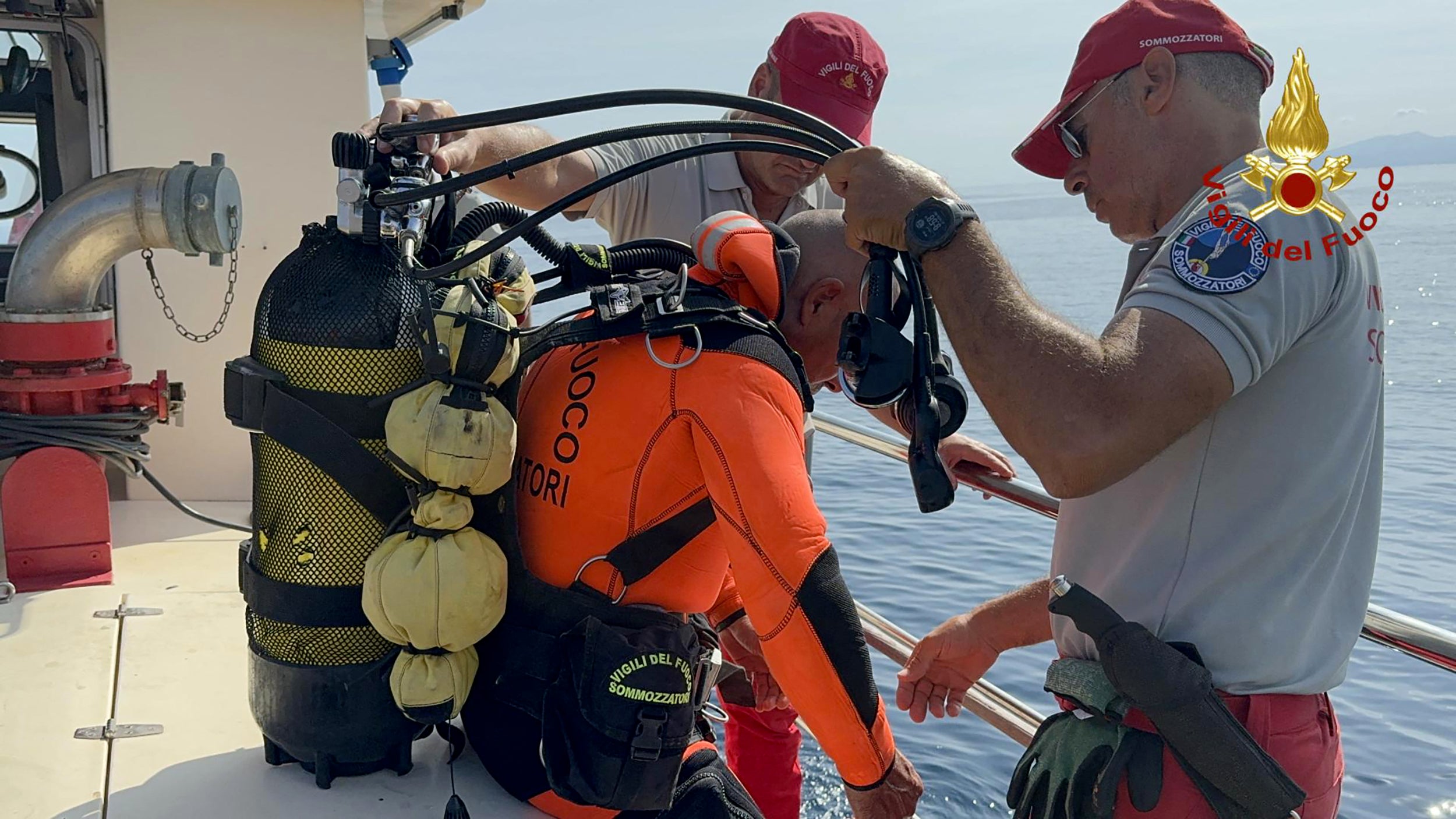
Mr Cari explained how the divers had identified a glass window on the Bayesian through which they believe they could gain better access, though it will first need to be removed. The window is 3cm thick, making removal difficult.
A preliminary search of the command bridge found a mess of cables, but nothing of the missing guests.
“The spaces inside the sailing ship are very small, and if you encounter an obstacle it is very complicated to move forward, just as it is very difficult to find alternative routes,” Mr Cari added.
Divers have managed to open a hole in the hull of the sunken superyacht, according to Italian media.
Marco Tilotta, an inspector with the diving unit of the Palermo fire brigade, was one of the first to make the treacherous dive in the Tyrrhenian Sea and discovered the first casualty – the yacht’s chef, Recaldo Thomas, “on the stern side, in the open”.
He told Il Messeggero: “The vessel is apparently intact. It is placed on its side, on the starboard side. It has no tears or signs of impact.
“We did an inspection of both the bow and stern. Now it’s the turn of the diving group from Rome and Sassari to enter right inside the yacht. We can dive up to 50 metres, but by law we can enter as long as the exit is visible. Then, it’s up to the diving colleagues, who have a specific specialisation and different equipment.
“Some of them have operated precisely in the case of the Costa Concordia,” he added, referring to the cruise ship that capsized in shallow waters off central Italy in 2012, killing 32 people.
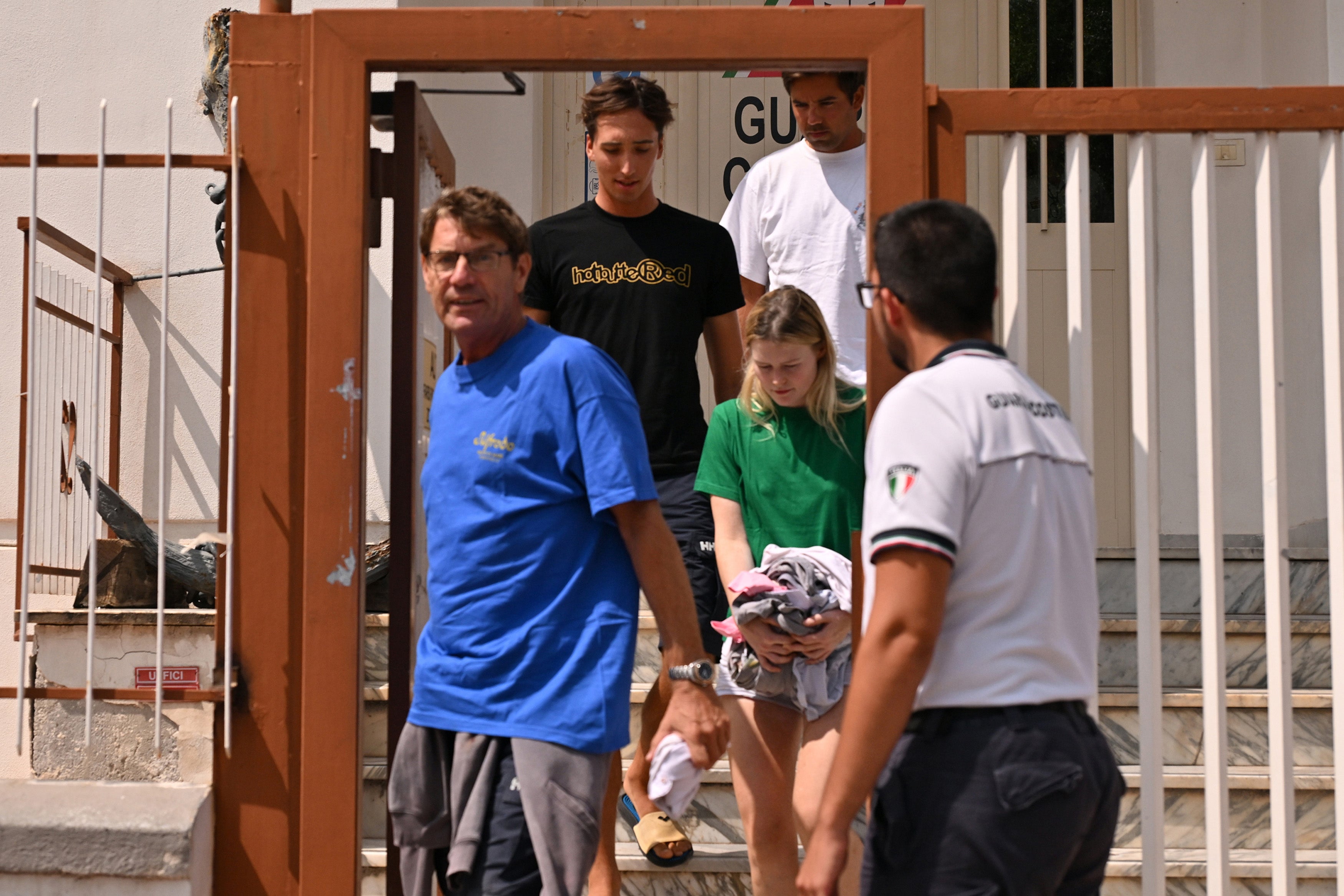
Mr Tilotta dismissed rumours that bodies could be seen through the luxury yacht’s portholes, saying that only “condensation, debris and bottles” were so far visible to divers.
On how the boat could sink, he hypothesised: “Perhaps they did not have time to manage the tornado, which was extremely intense, sudden and very localised, with a very strong wind. One might think that such a large yacht could still have been capsized. But they really had the misfortune of being in the wrong place at the wrong time.”
Rescue teams are using jet skis and helicopters to scour the coastline and the water for any sign of survivors, but Karsten Borner, the skipper of a boat that was moored alongside the Bayesian, claimed that the yacht sank within “two minutes” as people slept. The working hypothesis is that they are still submerged on the vessel somewhere.
Divers have not yet confirmed whether the yacht’s enormous 72-metre aluminium mast snapped during the storm.
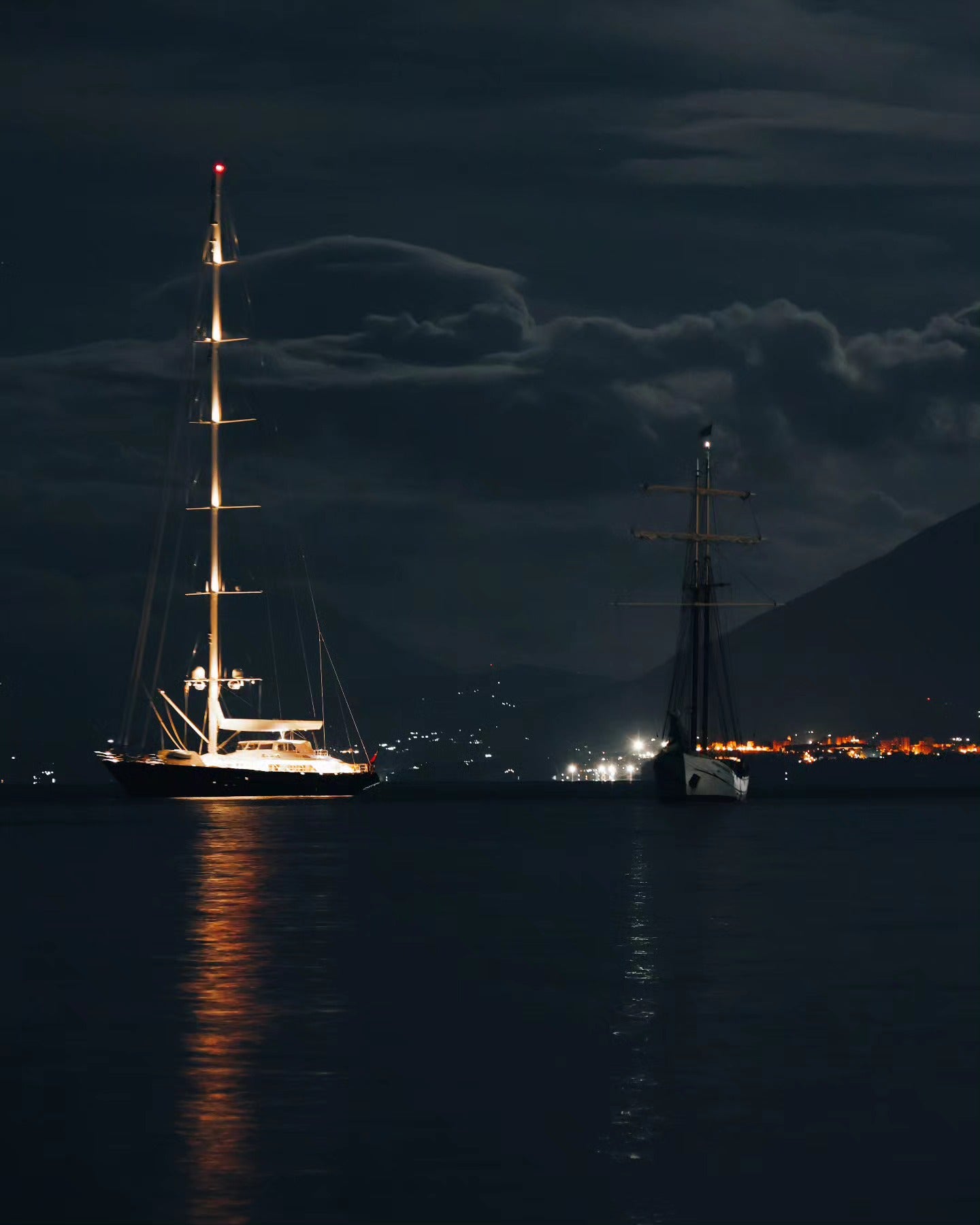
Nick Sloane, who worked on the Costa Concordia salvage operation, said rescue divers are entering a “critical” 24 hours to rescue anyone who might have survived.
His comments come as the Italian coastguard said they believe the missing six are trapped in the ship.
Mr Sloane said: “They’ve got a very small window of time to try to find people stuck inside with hopefully an air pocket, and they could be rescued. You’ve got a maximum of two to three days to try to get someone out, so the next 24 hours are critical.
“If the yacht is on its side, it might have more air pockets than if it’s upright. She’s got quite a large keel, and that will deflect and put her on her side, I’m sure.”
On land, some of the 15 survivors were seen leaving hospital on Tuesday.
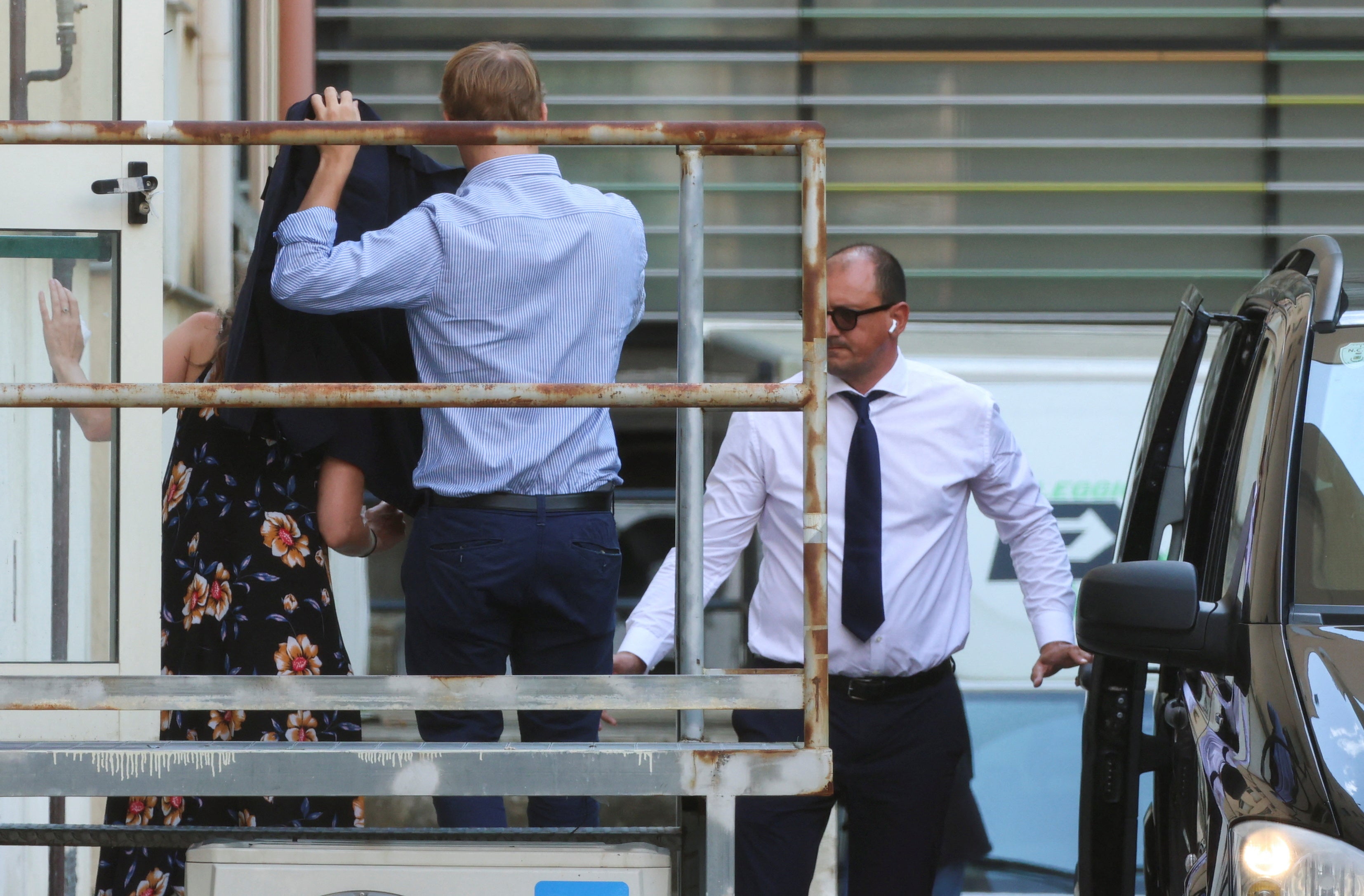
Charlotte Golunski, her husband James Emsley, and their baby daughter, Sofia, left the Di Cristina Children’s Hospital in a black van. They were accompanied by an officer from the British embassy.
One expert at the scene said an early focus of the official investigation would be whether the yacht’s crew had closed access hatches into the vessel before the storm struck.
Investigators would look at whether appropriate measures had been taken, given the forecasts for bad weather overnight.
Mr Borner, whose yacht was moored near to the Bayesian, said that although there had been warnings of possible thunderstorms, there had been no indication that they would be particularly violent.
“Thunderstorms can turn out good or bad, and this one was a real violent squall … very violent, very intense, a lot of water, and I think a turning system like a tornado,” he said.






